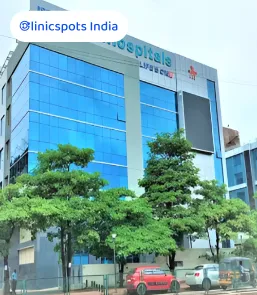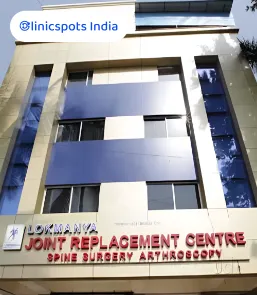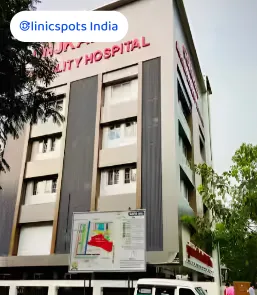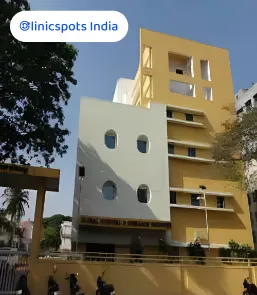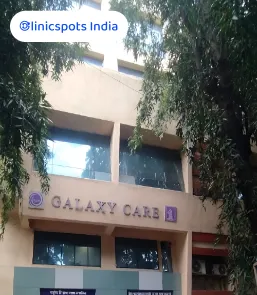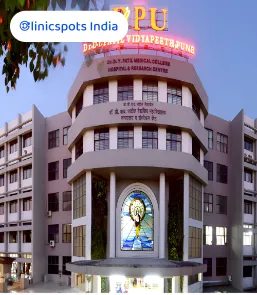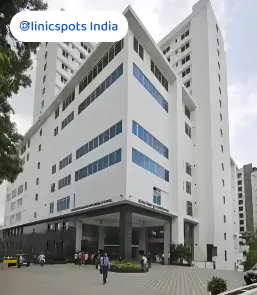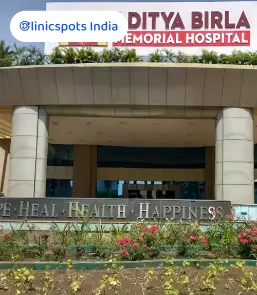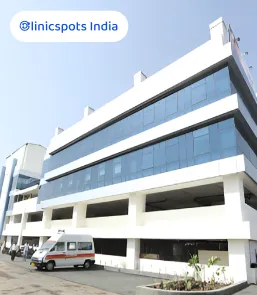Dr. M S Barthwal completed his MD in Medicine at the Armed Forces Medical College in Pune and pursued a DM in Pulmonary Medicine at the renowned Post Graduate Institute of Medical Education & Research (PGI) in Chandigarh. He holds prestigious fellowships, including the Fellowship of the National College of Chest Physicians of India (FNCP) and the Fellowship of the Indian College of Physicians (FICP).
With twenty-six years of extensive experience in managing pulmonary diseases, Dr. Barthwal has served in various referral respiratory centers within the armed forces medical service. His most recent position was as Professor and Head of the Department of Pulmonary, Critical, and Sleep Medicine at the Military Hospital, Cardiothoracic Centre, affiliated with the Armed Forces Medical College in Pune.
Dr. M S Barthwal is committed to ethical medical practice, prioritizing compassionate care over commercial interests. He dedicates significant time to his patients, resulting in a large number of satisfied individuals, particularly those suffering from conditions such as Asthma, COPD, sleep-related breathing disorders, and multi-drug resistant tuberculosis.
He has authored over eighty research papers in prominent journals, focusing primarily on Asthma, COPD, and pleural diseases. For the past fifteen years, he has been an active speaker at national and regional conferences in Pulmonary Medicine and has contributed to postgraduate seminars. Additionally, he has served as a postgraduate teacher and mentor to many students.
Dr. M S Barthwal participated in a WHO-India workshop in 2002 aimed at developing guidelines for the diagnosis and management of COPD in India. He is a life member of several professional organizations, including the Associations of Physicians of India, the Indian Chest Society, the National College of Chest Physicians, and the Indian Association for Bronchology. Notably, he has made significant contributions to the field through his pioneering work in Intrapleural Fibrinolytic therapy for loculated pleural effusions and empyema across all age groups.










